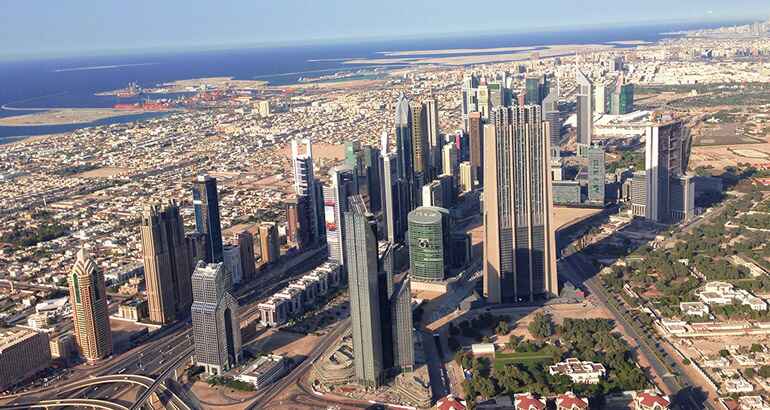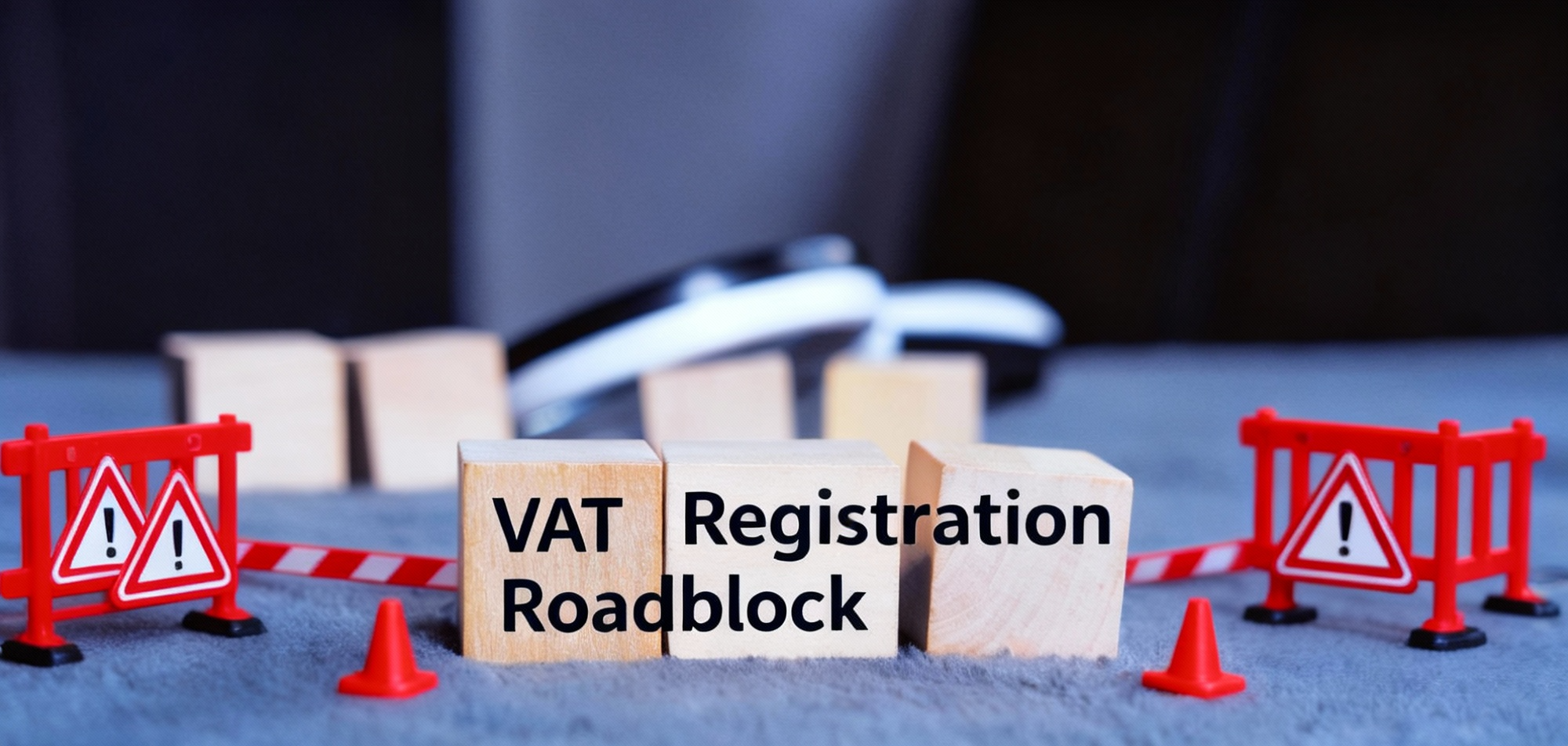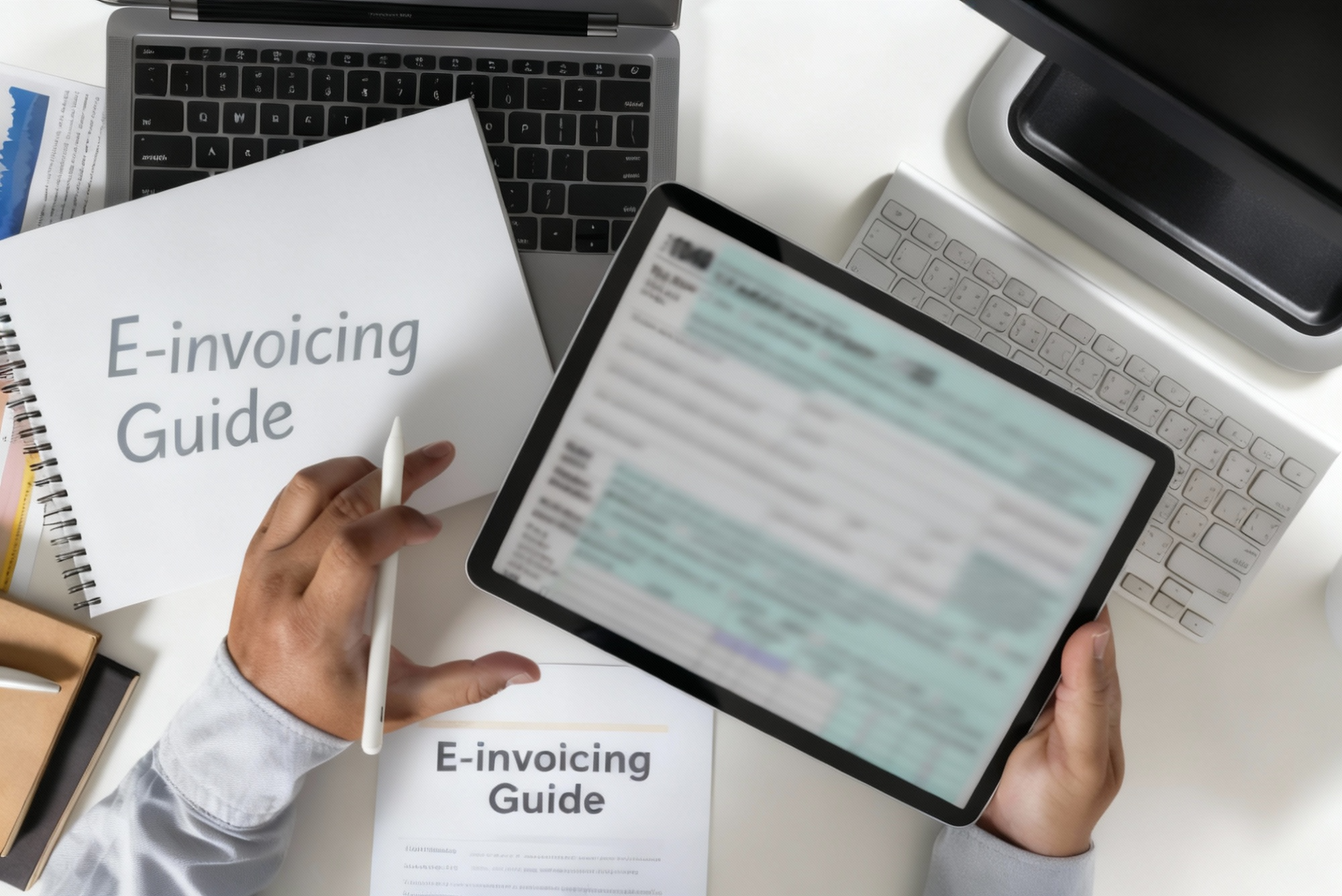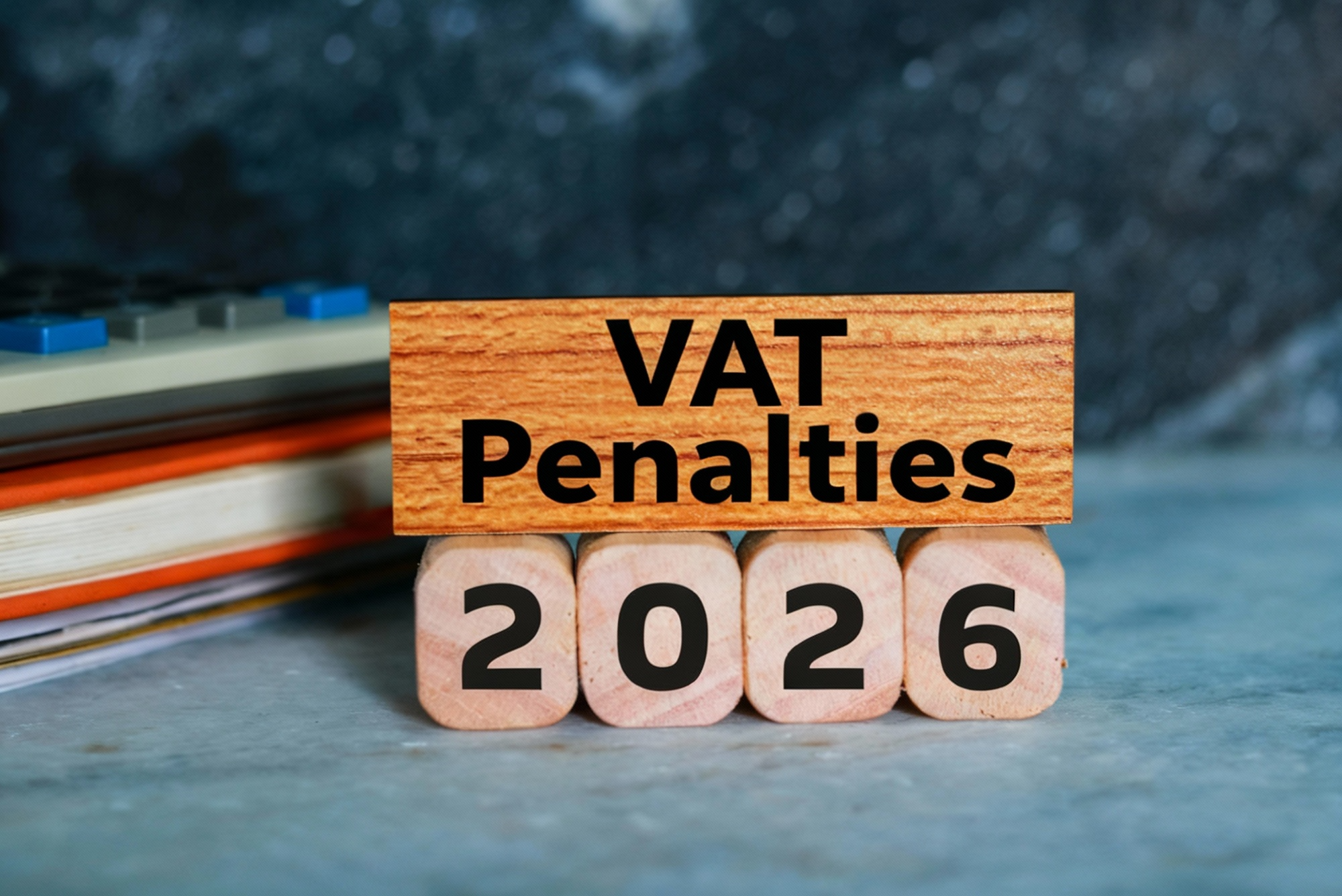Value Added Tax (VAT), at the rate of 5%, was introduced in the UAE from 2018.
According to the Federal Tax Authority (FTA) and the Dubai Land Department (DLD), VAT should have only a negligible impact on the real estate in the UAE, since about 85% of the components in the real estate sector are not subject to the tax. Real estate transactions, except for the sale of vacant commercial properties and commercial property leases, are either not subject to or exempt from VAT.
Which Real Estate Does VAT Apply To?
VAT in the UAE would be levied on real estate as follows:
Taxable Items (@5%)
- Sale of greenfield commercial spaces
- Services pertaining to real estate, like property consulting, brokerage, etc.
Tax-Exempt Items
- Residential buildings, if sold or rented out
- Any transaction pertaining to residential buildings
- Bare lands
- Selling of leased commercial spaces
This implies that a VAT of 5% is applicable on sale or lease of commercial properties only. Residential properties, in effect, are exempt from it (residential buying would be be zero-rated-taxable on the first sale but exempted on subsequent ones).
The Impact
While the effect on residential real estate will be negligible, the retail and hotel sectors could be affected by the fallout. The real estate market in the UAE has slowed over the past two years, with further softening expected in sales and rental prices. Given this soft nature of the real estate market in the UAE, commercial land owners might struggle to pass the VAT charge on to the respective tenants, with the former probably having to end up absorbing some of the cost increment.
The retail sector is likely to witness a substantial negative backlash, as VAT might hinder future growth as a result of appending around 2% to consumer prices this year. This will likely thwart the development of any more retail schemes.





